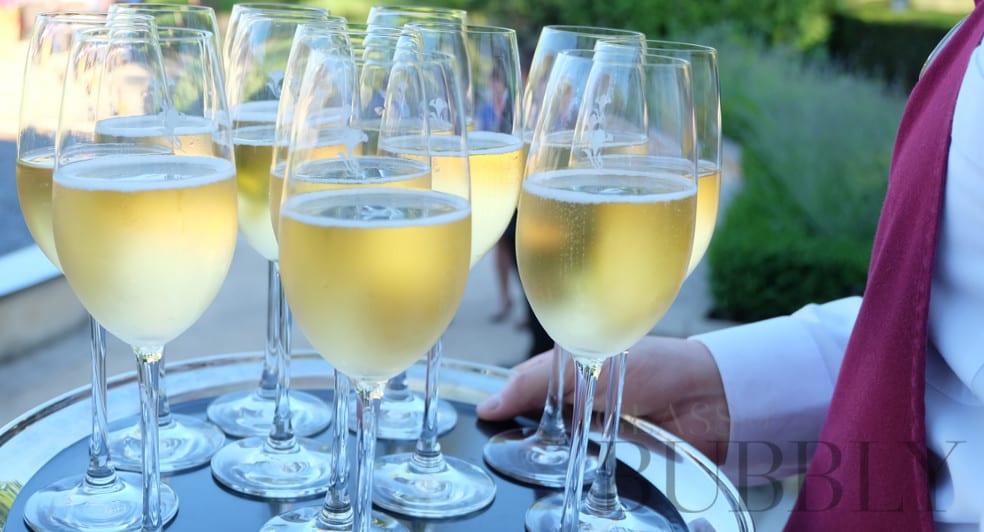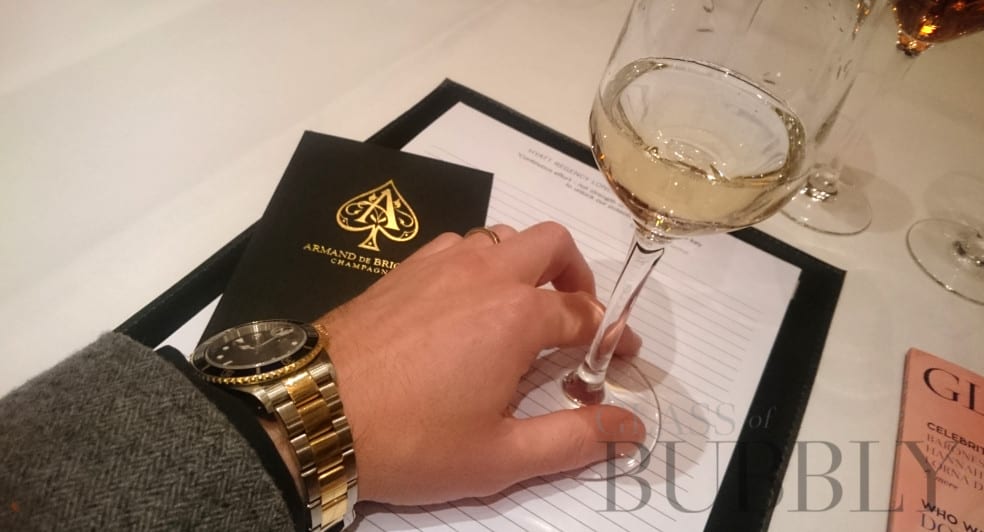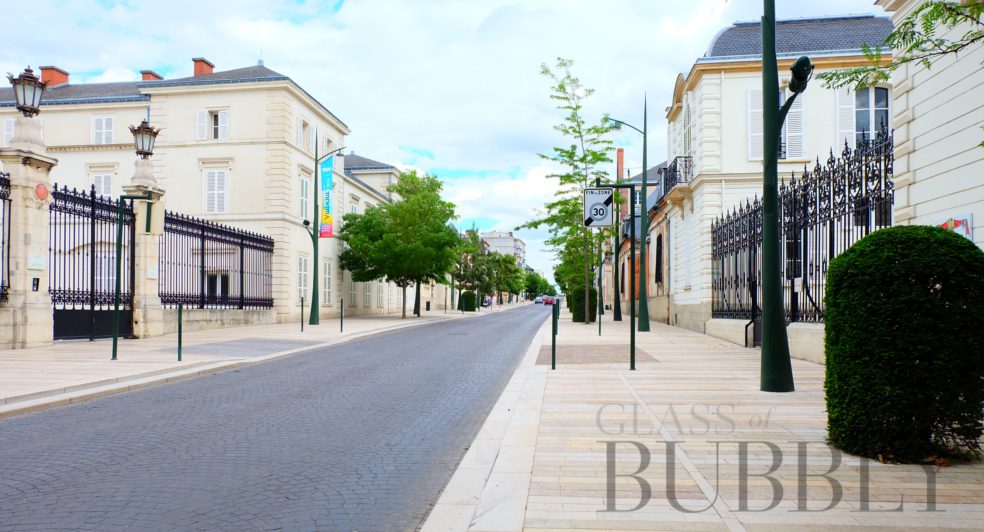Quality of Champagne from a Philosophical Perspective
7th March 2023

When we speak about Champagne we almost always tell each other about the supreme quality of this elixir. But what do we actually mean if we speak about quality? What IS the quality of Champagne? Maybe philosophy can give us the answer.
“Beauty is in the eye of the beholder”
(Margaret Wolfe Hungerford)
If we go to the Oxford Dictionary we find two definitions of ‘quality’: “the standard of something as measured against other things of a similar kind” and “a distinctive attribute possessed by something”. The first definition doesn’t bring us really further if we want to understand the inherent quality of Champagne. It only states that it is a relative position, for example, compared to other drinks or other Champagnes. So the one with the highest quality can still be undrinkable, which doesn’t resonate with the idea of quality as such. This is because in this way quality doesn’t say anything about any inherent aspects of Champagne. The second definition is in that respect more useful: having a distinctive attribute. But the key question is then: what is the attribute or inherent aspect of Champagne which makes it something with a supreme quality? So let’s use the second definition of quality in our search for the deeper meaning of the quality of Champagne.

In general, there are three major approaches to identifying the quality of something: the product-based approach, the user-based approach and the value-based approach.
If we look at the product-based approach we focus on the physical features of the Champagne. This could be the taste, the smell, the looks, the sound or the touch. And as such a specific Champagne has undoubtedly distinctive physical characteristics if you compare it with other similar drinks like still wines, sparkling wines or even other Champagnes. But is any specific characteristic or mix of those inherently supreme? What should be the benchmark for that?
When we take the user-based approach we look at the extent to which it satisfies consumer expectations. As such it depends on subjective sensory experiences like taste, smell and tactile perceptions. And as we all have our own subjective experiences it can only be personal and not an objective fact. So the usefulness of it is only very relative. What does it mean then for anyone else?
The value-based approach is about the economic or financial worth. This may be of interest when you buy it or invest in it, but isn’t inherent to the Champagne we drink. So a high value may be cool, but as such it hasn’t anything to do anymore with the supremacy of the drinking experience.
This means that all three approaches to identifying the quality of Champagne give their own relative perspective. This applies to the physical product, the personal experience as for the economic worth. But it doesn’t objectify any inherent elements which constitute the supreme quality of it. So philosophically speaking quality isn’t objectifiable nor a separable element of Champagne.
“A bottle of Champagne contains more philosophical thoughts than all the books in the world.”
(Free to Louis Pasteur)
Does this mean that philosophically speaking quality is an irrelevant concept? Of course not! Because we can’t deny the experience of the supreme elixir we almost all have when drinking Champagne. This brings in the essential view we need to have on any experience. As humans, we all are programmed to name all the things we experience. We name by discriminating or to put it in another way, by distinguishing things. We do this by using forms like objects or specific impressions. But forms typically have boundaries and make things limited and as such make them separate. The problem is that this is useful from a theoretical point of view, but from a practical point of view it is impossible. The experience of a sparkling drink or the notes of brioche might be distinguished, but cannot be separated from the Champagne. It’s all interconnected. So that what makes Champagne a supreme elixir might not be physically separable as such, but it surely exists as a characteristic experience.

Another typicality about the idea of supreme quality is the fact that ultimately we don’t really know the inherent elements of Champagne itself. This is because at the most basic level physically we only experience the signals in our mind that we receive from the various receptors involved in drinking Champagne. All we see, smell, feel and hear when drinking Champagne is only the result from simple electromagnetic changes in our minds. Each nip we take will activate receptors in our mouth, nose, eyes and ears that translate the various types of contact into signals in our mind. So what we call supreme quality is in the end just an electromagnetic potential difference in our mind. This means that supreme quality is just another potential difference, like any other experience. So how supreme is this?
“A Champagne tasting is a sensual mind sport.”
(Corné van Nijhuis)
So we still haven’t found the essence of what we call the supreme quality. Would it, if we look at it from a philosophical perspective, be a fake concept then? Maybe we should first go back to what philosophy is. Philosophy is an activity people undertake when they seek to understand fundamental truths about existence. Essential is then the concept of truth. For me, a truth is any perception that is consistent with the perceptions already accepted by me, that I have defined as truth in the form of an idea. So going back to supreme quality we can accept this as a truth for Champagne when the experience of drinking Champagne is consistent with prior accepted other supreme quality perceptions. Personally speaking, this is the case for me. If you don’t have this truth yet, I surely suggest you create as many situations as possible to find out your truth. I’m quite confident we will share the idea of supreme quality of Champagne. Cheers!
![]()
Corné van Nijhuis
Longing for knowledge and wisdom about the nature of wine and the existential meaning associated with it, which makes him a self-declared vinosopher.
